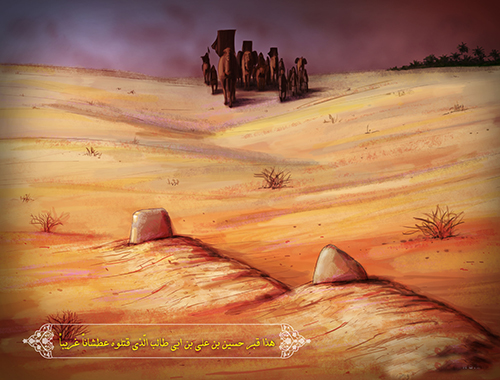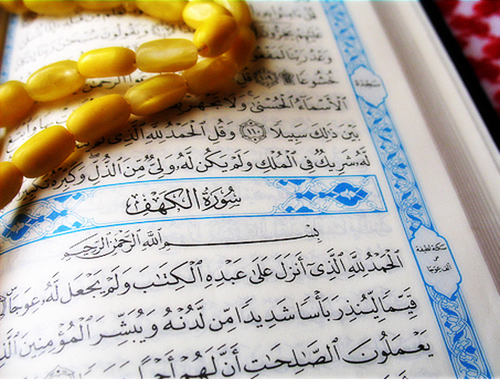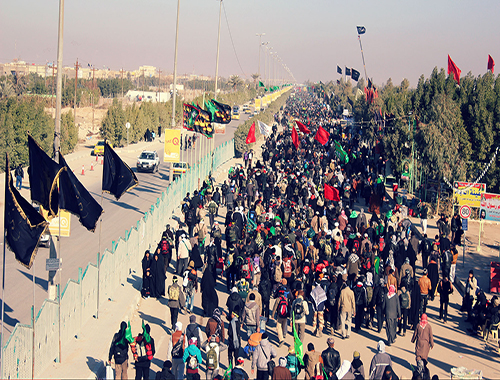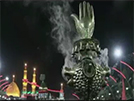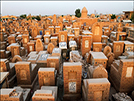Division of legacy according to Shariah
- Details
- Hits: 2060
Division of legacy according to Shariah
It is not permitted for a person to bequeath more than a third of his property. If he does so the executor of the will is not obliged to act upon it but he should give the heir to use his discretion in the matter.
Moreover, making a will for unlawful purposes is not allowed and the executor of the will is obliged to disregard it. He should, instead, utilize the funds in lawful ways. It is also not allowed to deprive any of the heirs of their share. And the executor of will must give the share of those who are eligible for it. (Please refer to books of jurisprudences, Tauzihul Masael for more information about making bequests).
If the heirs of the first level (ones children or parents) are present but the heirs of the second level (Paternal and Maternal Uncles and Aunts) are poor the rich will-maker should make some provision for them. If he does not make such a will it would generally be regarded as an act of Qat’a ar-Rahm, which is a greater sin.
Imam Ja’far as-Sadiq (a.s.) had willed that seventy Ashrafis (gold coins) be given to Hasan al-Aqtas, the son of his paternal uncle. Imam (a.s.) had also made similar bequests for a number of his relatives. Someone expressed surprise and said, “O Master! You have made a bequest for a person who has attacked you and wanted to slay you with a knife? Imam (a.s.) said,
“Do you not want me to be included among those who are praised by the Almighty for their Sil al-Raham in the following words?”
“And those who join that which Allah has bidden to be joined and have awe of their Lord and fear the evil reckoning.”
(Surah ar-Ra’d 13:21)
The full text of this tradition has passed in the chapter of Qat’a ar-Rahm.


